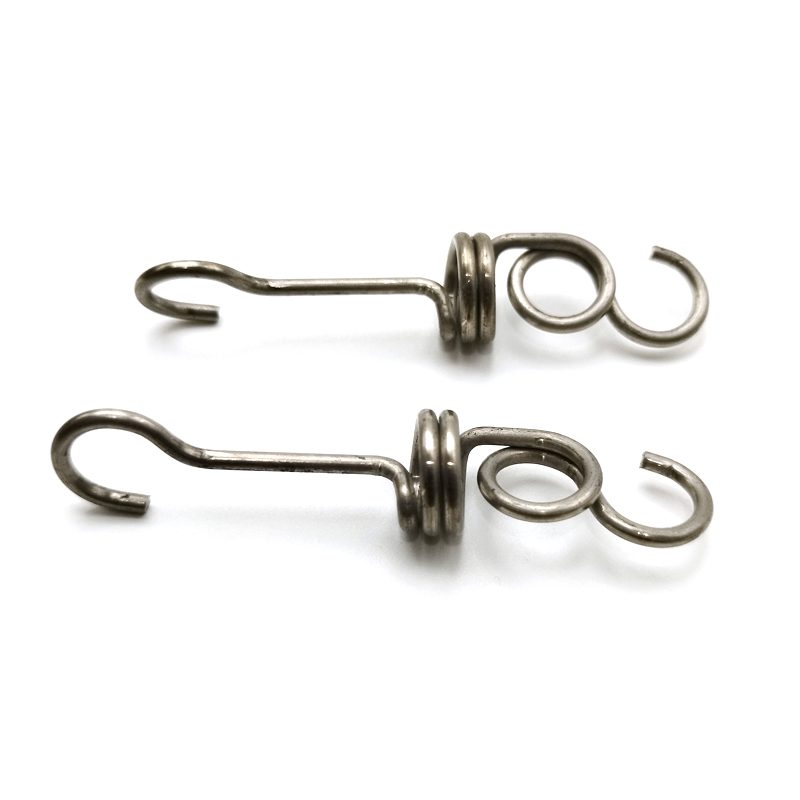
What Is The Maximum Hardness Of A Tension Spring?
Tension Springs Are Mechanical Devices Designed To Store And Release Energy When Subjected To A Pulling Or Stretching Force. They Are Commonly Used In A Wide Range Of Applications, Including Automotive, Aerospace, Industrial Machinery, And Consumer Products.
The Hardness Of A Tension Spring Refers To Its Ability To Resist Deformation Or Indentation When Subjected To A Compressive Force. It Is A Critical Factor In Determining The Spring’S Durability And Resistance To Wear And Tear.
The Maximum Hardness Of A Tension Spring Depends On The Material Used In Its Construction. Common Materials Include High-Carbon Steel, Stainless Steel, And Various Alloys. Each Material Has Different Properties, Such As Strength, Elasticity, And Toughness, Which Affect Its Hardness.
The Rockwell Hardness Scale Is Commonly Used To Measure The Hardness Of Metals, Including Those Used In Tension Springs.
The Scale Ranges From A To C, With C Being The Hardest. The Maximum Hardness Of A Tension Spring Depends On The Rockwell Scale Used And The Specific Material Used In Its Construction.
For Example, High-Carbon Steel Tension Springs Typically Have A Maximum Hardness Of Around 50-55 On The Rockwell C Scale. Stainless Steel Tension Springs, On The Other Hand, Can Have A Maximum Hardness Of Up To 60 On The Rockwell C Scale.
The Design Of The Tension Spring Also Plays A Role In Determining Its Maximum Hardness. Factors Like Wire Diameter, Coil Pitch, Number Of Coils, And The Type Of Ends (Hooks, Loops, Or Threaded) Can Affect The Spring’S Hardness.
A Well-Designed Tension Spring Will Distribute The Compressive Forces Evenly Throughout Its Structure, Minimizing The Risk Of Localized Stress Concentrations.
Additionally, The Intended Application Determines The Required Maximum Hardness. For Example, Tension Springs Used In Heavy Machinery Or Industrial Equipment May Require A Higher Maximum Hardness Compared To Those Used In Smaller Consumer Products.
Manufacturers Typically Conduct Tests To Determine The Maximum Hardness Of Tension Springs.
These Tests Involve Subjecting The Springs To Compressive Forces And Measuring Their Response. The Results Help Establish The Spring’S Maximum Hardness And Ensure It Meets The Desired Specifications.
It’S Important To Note That The Maximum Hardness Of A Tension Spring Is Not Always Desirable. Extremely Hard Springs Can Be Brittle And Prone To Cracking Or Breaking Under Certain Conditions.
Engineers And Designers Must Carefully Analyze The Expected Forces And Select A Tension Spring With The Appropriate Hardness For The Intended Application.
In Conclusion, The Maximum Hardness Of A Tension Spring Depends On Factors Such As The Material Used, The Design, And The Intended Application.
By Considering These Factors And Conducting Appropriate Tests, Manufacturers Can Ensure That Tension Springs Have The Desired Hardness For Their Intended Use.
I Wish Everyone Can Find Their Own Hardware Accessories, Xiamen Hongsheng Spring Welcome Your Choice!






